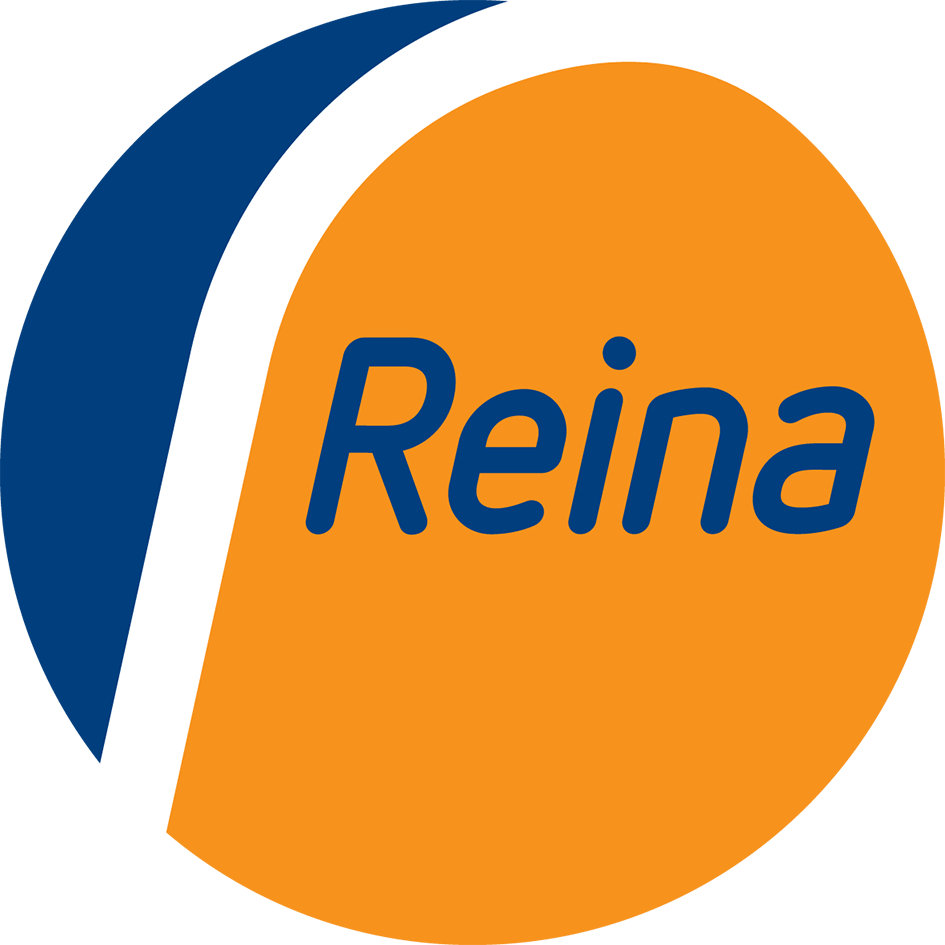RHI Reforms : What they mean for Ground Source Heat Pumps?
The long-awaited reforms to the Renewable Heat Incentive (RHI) regulations have successfully passed through Parliament and came into effect on 22 May 2018.
Impacting both the Domestic and Non-Domestic RHI schemes, the reforms redress payment eligibility and introduce new policies covering metering of heat pump performance, tariff guarantees and shared ground loops, as well as extending the RHI’s budget management mechanism until the end of 2020/21.
In summary the reforms mean the following for ground source heat pump installers and system owners.
Shared Ground Loops
Without doubt, the most significant change is the decision to base Non-Domestic RHI payments for residential properties linked to shared ground loops on the deemed heat consumption taken from the property’s Energy Performance Certificate. This arrangement mirrors previous policy for stand-alone ground source heat pump installations supported by the Domestic RHI and gives certainty to system owners.
According to Simon Lomax, Managing Director of the Kensa Group:
“This refinement is long overdue. Thankfully, we can finally stimulate increased deployment in line with the ambition detailed in successive carbon budgets and multiple Government publications. In many cases, shared ground loop systems will benefit tenants who are living in fuel poverty as landlords can now invest with confidence and deliver systems which offer the lowest running costs. And the falling carbon intensity of electricity generation means the carbon emissions linked to ground source heat pump installations has never been more appealing with further savings forecast.”
Other changes to the Non-Domestic RHI include:
Introduction of tariff guarantees – A tariff guarantee allows applicants to the Non-Domestic RHI to secure a tariff rate before their installation is commissioned and fully accredited on the RHI. Preliminary applications are now available for Ground Source Heat Pumps with a capacity of 100kWth or great
Introduction of mandatory electricity metering for heat pumps in domestic properties on shared ground loop systems in the NDRHI
Meanwhile, the Domestic RHI features a number of changes:
Introduction of Assignment of Rights – From June 2018, households can assign their rights to RHI payments to investors; the householder could benefit from a fully funded installation and low running costs, and an investor benefit from the RHI income.
Introduction of mandatory electricity metering for heat pumps
As with the new policy under the Non-Domestic RHI for domestic properties on SGLs, this change is being introduced to help consumers monitor the performance of their heating system and to provide a better understanding of the heat pump system’s electricity usage.
More broadly, the regulations reflect Government’s intent to allocate more of the RHI budget to heat pump installations. As well as supporting heat pump technology, the regulations also impose more stringent eligibility criteria for many applications previously supported by biomass installations, including wood fuel drying, waste drying or processing, and domestic swimming pools.
